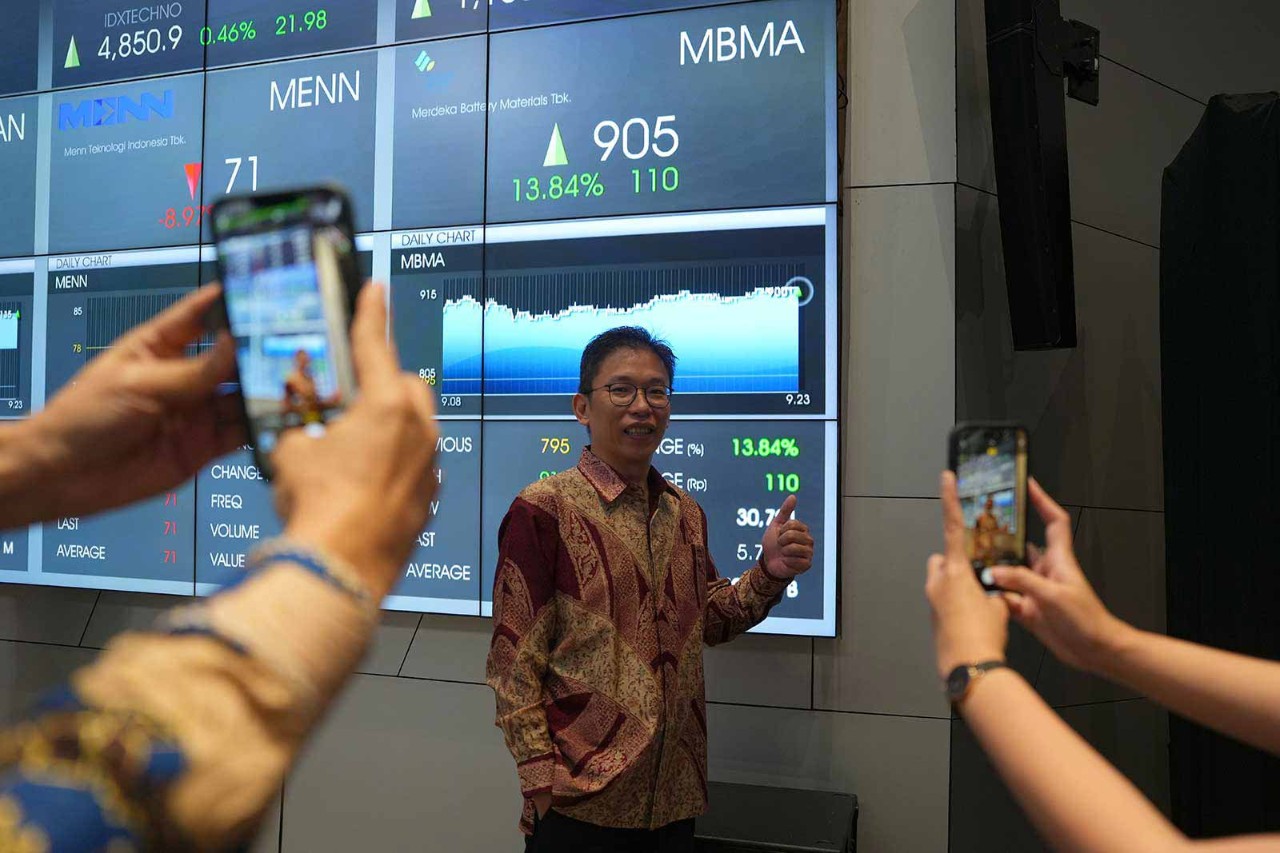
In a fast-evolving business environment driven by rapid developments in technology, creating a strong ethical culture within the workplace has never been more important. But where should organisations start?
‘I think the key aspects are to have a governance structure, to set up proper policies, and to enforce those policies. It requires training and monitoring,’ says Natalie Chan, managing director at PIE Strategy.
‘Take stock of the current culture and identify the gaps to the desired outcome’
Ivy Cheung, a regional senior partner at KPMG China, notes that to develop an ethical culture, it is critical that organisations determine their goals around ethics, trust, growth or environmental, social and governance (ESG), and then align those with the business strategy.
‘They should take stock of the current culture and identify the gaps to the desired outcome,’ she says. ‘Once these gaps are known, a cultural change plan is crucial to plan the activities needed to realise that change such as new values, behaviours, ways of working and cultural norms.’
Lead by example
In the process of developing an ethical culture within organisations, it is vital that leaders set an example, says Cheung. ‘The tone from the top by leadership is critical in establishing a cultural shift,’ she says, adding that a common pitfall is for organisations to try to make changes by influencing other levers such as key performance indicators and rewards. But if leadership is not aligned and demonstrating new ways of working through words and actions, culture change will often fail to take root.
‘By the time the whistle is blown, the damage in all likelihood has already been done’
Leaders can demonstrate ethical conduct through transparent decision-making, fairness in resource allocation and consistent adherence to ethical guidelines even in challenging situations, says Christel Adamou, director of the Asian Development Bank’s Office of Professional Ethics and Conduct.
‘Whistleblowing is an important mechanism in organisations to expose wrongdoing, unethical behaviour or even illegal activity. But by the time the whistle is blown, the damage in all likelihood has already been done,’ she says. ‘Therefore, creating a “speak-up” culture is paramount.’
Adamou says that business leaders should take on board the concerns of their employees and other personnel, enabling an environment where their people feel confident raising issues without fear of judgment.
‘For such a culture to thrive, employers must support those who speak up and protect them from reprisal or adverse treatment,’ she says.
Genuine engagement
However, embedding an ethical culture throughout an organisation requires more than just policies and guidelines. It requires genuine engagement within the organisation at all levels to help people to understand why a change is important and to empower them to take action, Cheung says, noting that new skills may need to be developed and other organisational aspects, such as structures, governance and incentives, change.
According to Chan, some organisations translate policies into lively case studies so that every employee understands what the particular statement means in their day-to-day practice.
In addition, culture change can be viewed as a journey: it requires planning and will not happen overnight. It also, Cheung says, involves systemic thinking as it will touch all areas of the organisation, from recruitment through to skill development and business processes. Culture change has to be measured over time and then further improvements can be identified and acted on.
‘Ethical decision-making benefits employees by giving them a sense of empowerment to “do the right thing”
A key consideration in the development of ethics policies is the growing impact of artificial intelligence (AI) and other new forms of technology. ‘New ethical considerations are now top of mind when it comes to emerging technologies such as AI, especially concerning the use of data and the way we communicate with and serve our customers,’ Cheung says, adding that professionals may require upskilling in this area, while the opportunities new technology bring need to be risk-assessed from an ethics perspective.
Fair playing field
Chan believes that ethical behaviour can ensure a fair playing field for both players within the organisation and external partners, from anti-corruption and anti-discrimination policies to ethical practices in a range of different aspects. ‘It will instil a stronger culture for the organisation to collaborate and to drive business success,’ she says.
When an organisation’s culture is aligned with ethical decision-making, it has a positive impact on key areas of an organisation’s internal operations and relationship with external stakeholders. ‘It will benefit its customers, regulatory and business stakeholders, its reputation and trust in the market, and its employees by giving them a sense of empowerment to “do the right thing”,’ Cheung says.
‘Strong ethics builds trust within relationships and, most importantly, the relationship organisations have with their customers. From business to building a sustainable future, it’s crucial for organisations to have an ethical culture.’
More information
Earn CPD by tuning into the sessions ‘Navigating ethics in the workplace’ and ‘Ethical dilemmas in an era of sustainability reporting’ at ACCA’s virtual conference Accounting for the Future, on 21 and 23 November respectively, or watch on demand at any time after that




